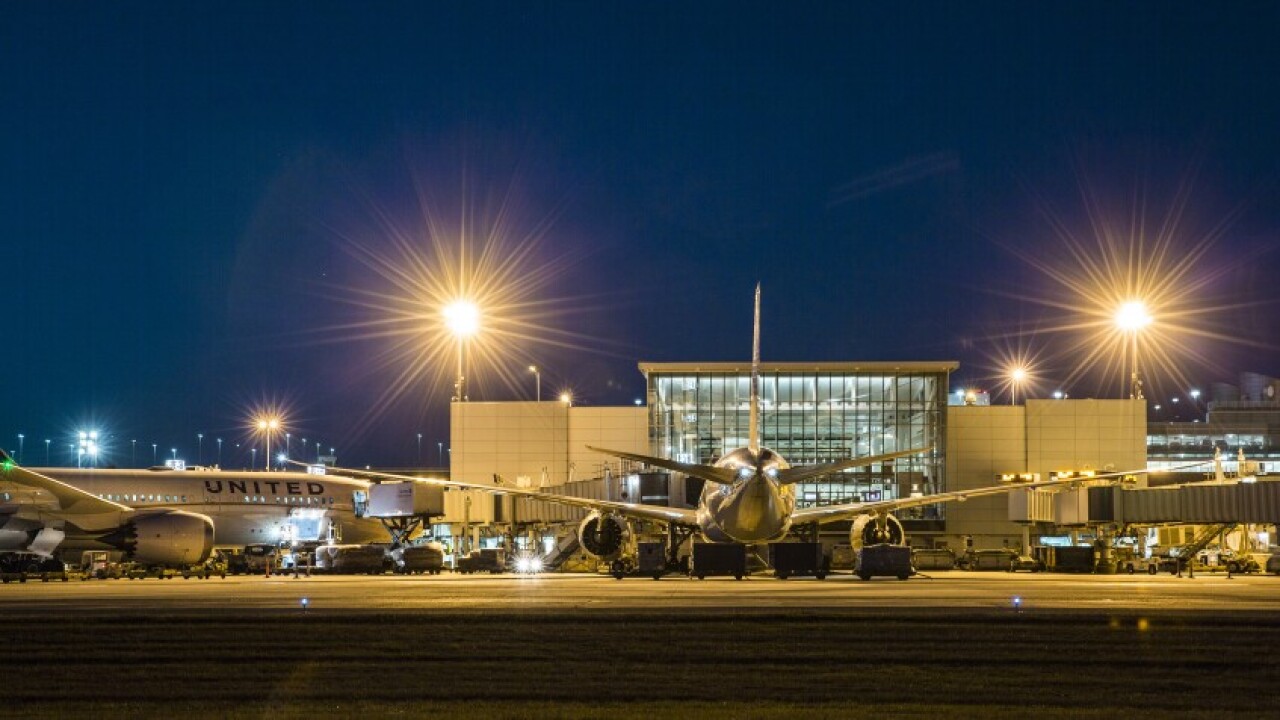The city of Trenton has found itself in hot water with the state of New Jersey once again.
Following a brush with default in August that prompted a state response, a group of local legislators announced on Monday that New Jersey's Department of Environmental Protection planned for a limited but "imminent" intervention of its troubled water utility provider, Trenton Water Works, which services the city and four surrounding townships.
Sen. Shirley Turner, (D-Mercer), Assemblymember Verlina Reynolds-Jackson (D-District 15), and Assemblymember Anthony Verrelli (D-District 15) said in a statement they met with DEP officials twice over the last few weeks and there was "no denying that TWW needs intervention through a collaborative partnership with the state," adding that though any plans carried out will stop short of a full takeover, DEP officials are keen to quickly address "management failures and public safety risks" at the plant.

"Intervention has been necessary long before today to ensure the area's water system functions at the highest standards for residents' health and safety," they said.
The announcement follows on the heels of a scathing
The DEP found that the TWW failed to "properly maintain critical treatment processes," "monitor water quality," employ "adequately trained operating personnel, and "invest in required maintenance and capital needs," all despite recent spending initiates by the city's government.
TWW is in the midst of a six-year, $405 million capital plan drafted in 2020 to refit the plant and its delivery network. The deal is backed by special obligation bonds pledging company revenue for debt service and any other costs associated with the bonds.
To raise that capital, TWW must have bond ordinances separately approved by different branches of Trenton's government, something that has been increasingly problematic lately.
Trenton's government has been in a budgetary deadlock since April after disagreements erupted over Mayor Reed Gusciora's proposed $226 million fiscal 2022 budget.
Negotiations over the still-unapproved budget turned sour after three members of Trenton's City Council, which must sign-off on of all local budget proposals, objected to certain allocations and tax provisions included and voted the spending package down in the last leg of its approval process.
The unresolved political drama has rendered the city financially impotent and forced Gusciora to fund Trenton's operations on a month-by-month basis via emergency order.
Since April, dissenting council members have further rejected a number of other spending proposals, including some related to water utilities infrastructure.
"Withholding spending authorization has hampered the water utility's ability to comply with directives in the administrative consent order concerning operations," said Timothy J. Carroll, public information officer for the City of Trenton. "That has also delayed engineering work and jeopardized timely scheduling."
Carroll said that while local officials were still in discussions with state regulators "about the shape of our partnership," Trenton envisions "an alliance that will assist the water utility with procurement approval to advance capital projects and technical assistance in water filtration and distribution."
"However, the state's direct role in our operations will advance TWW's six-year, $405 million capital plan," he added.
The DEP report also points to Trenton's ongoing political problems as a contributing factor to water system degradation, and said agency officials were "disturbed by the current City Council's continuing failures or refusals to authorize resolutions necessary to advance critical capital improvements and ensure that ordinary maintenance and operational needs crucial to the protection of public health are met."
Trenton political meltdown and financial difficulties have already impacted the city's credit health.
In an August 23 report,
"You have to have a budget in order to function as a municipality," said Douglas Goldmacher, vice president and senior analyst at Moody's, adding that though he believed the potential for state intervention in areas of critical importance to be comforting from a credit perspective, it was still not ideal.
"The state has a very long history of stepping in to make sure that the basic fundamentals are carried through," he said, "but we don't know what's going to happen exactly and the longer there is uncertainty about what's going to happen, the more problematic it is from a credit perspective."
Recent concerns over Trenton's water system follow the collapse of water infrastructure in Jackson, Mississippi, after flooding overwhelmed water pumps at the city's largest treatment facility long overdue for a retrofit. The failure left most of the state capital's 160,000 residents without running water and total costs for repairs to the facility may be upward of $1 billion, according to Jackson's mayor.





